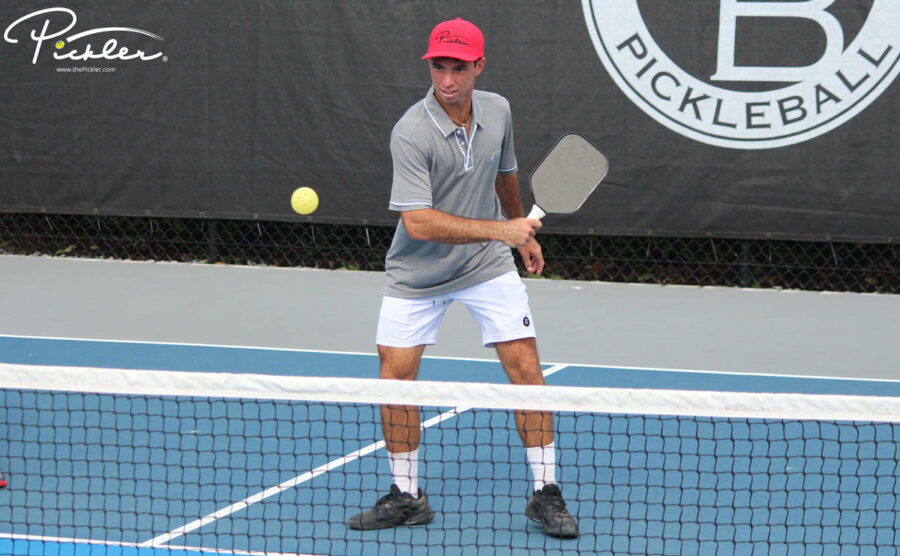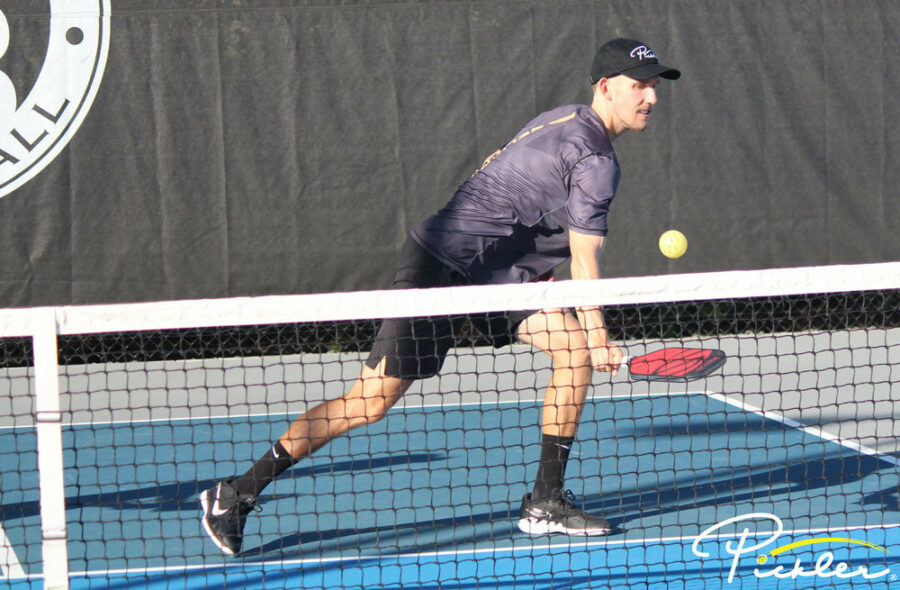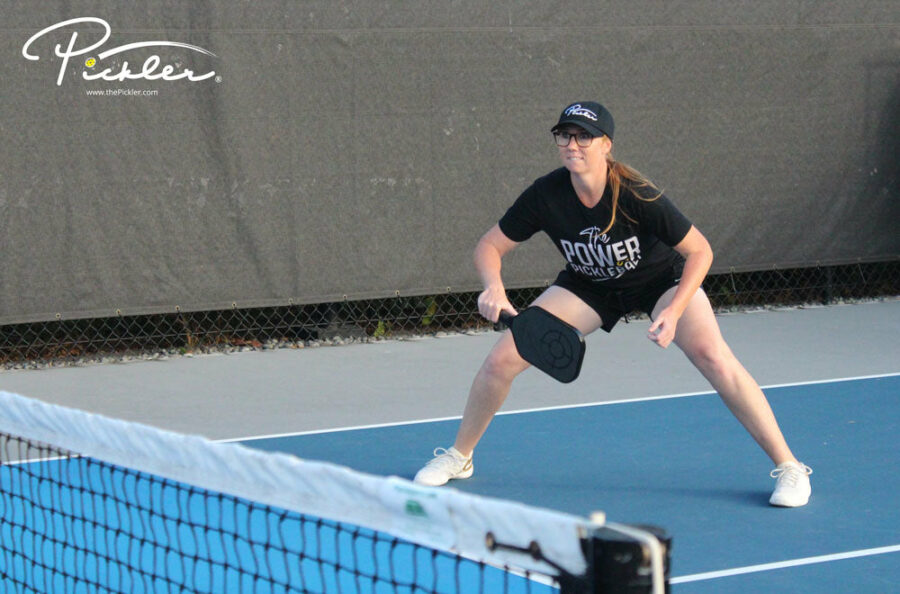Recent research published in The Social Science Journal (J. Ryu et al., Feeling Authentic During Playing Pickleball in Later Life: Predicting Positive Psychological Functioning (2020)) shows that playing pickleball plays an important role in a person’s happiness.
We all are in a pursuit of happiness. According to past research (S. Lyubomirsky, et al., Pursuing Happiness: The Architecture of Sustainable Change (2005)), happiness is determined by three factors: (1) 50% is determined by genetics; (2) 10% by circumstances in life; and (3) 40% by intentional activity. As a result, we, as individuals, are really only in control of 40% of the equation in our pursuit of happiness.
One of the most impactful “intentional activities” that we can decide to engage in is physical activity and, more specifically, the sport of pickleball. This is because the sport of pickleball (a) provides great exercise and heightens endorphin levels; and (b) boosts individuals feeling of authenticity, meaning that pickleball players are able to express themselves in ways that align with their desires, emotions, and values. Playing pickleball leads to feelings of authenticity largely because pickleball players are in a state of flow due to (I) balanced skill levels with difficulty levels; (II) lifelong learning; and (III) social interaction amongst generations.
In other words, the sport of pickleball improves a person’s feeling of authenticity, and feeling authentic increases a person’s happiness. So…
Play pickleball. Be happy!




